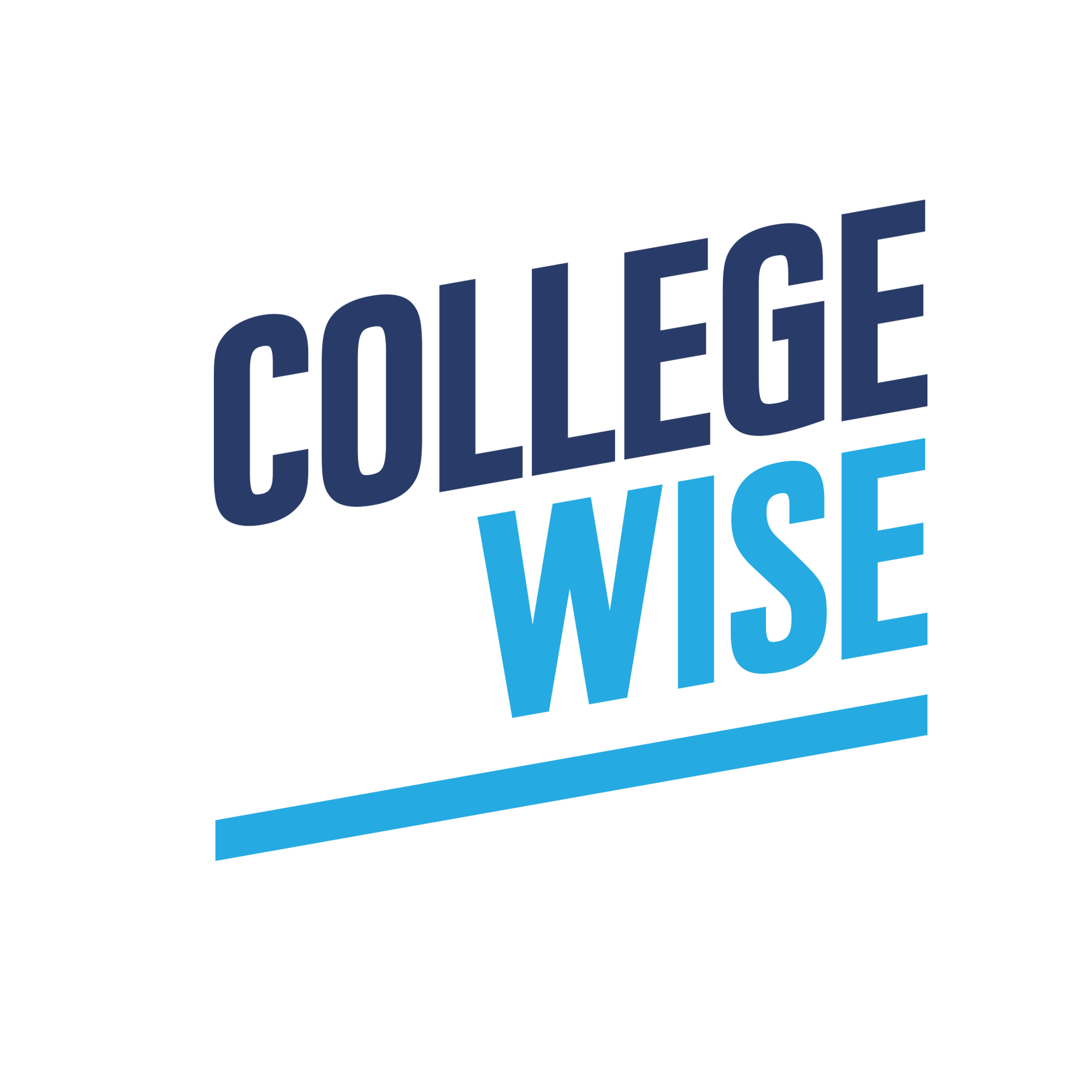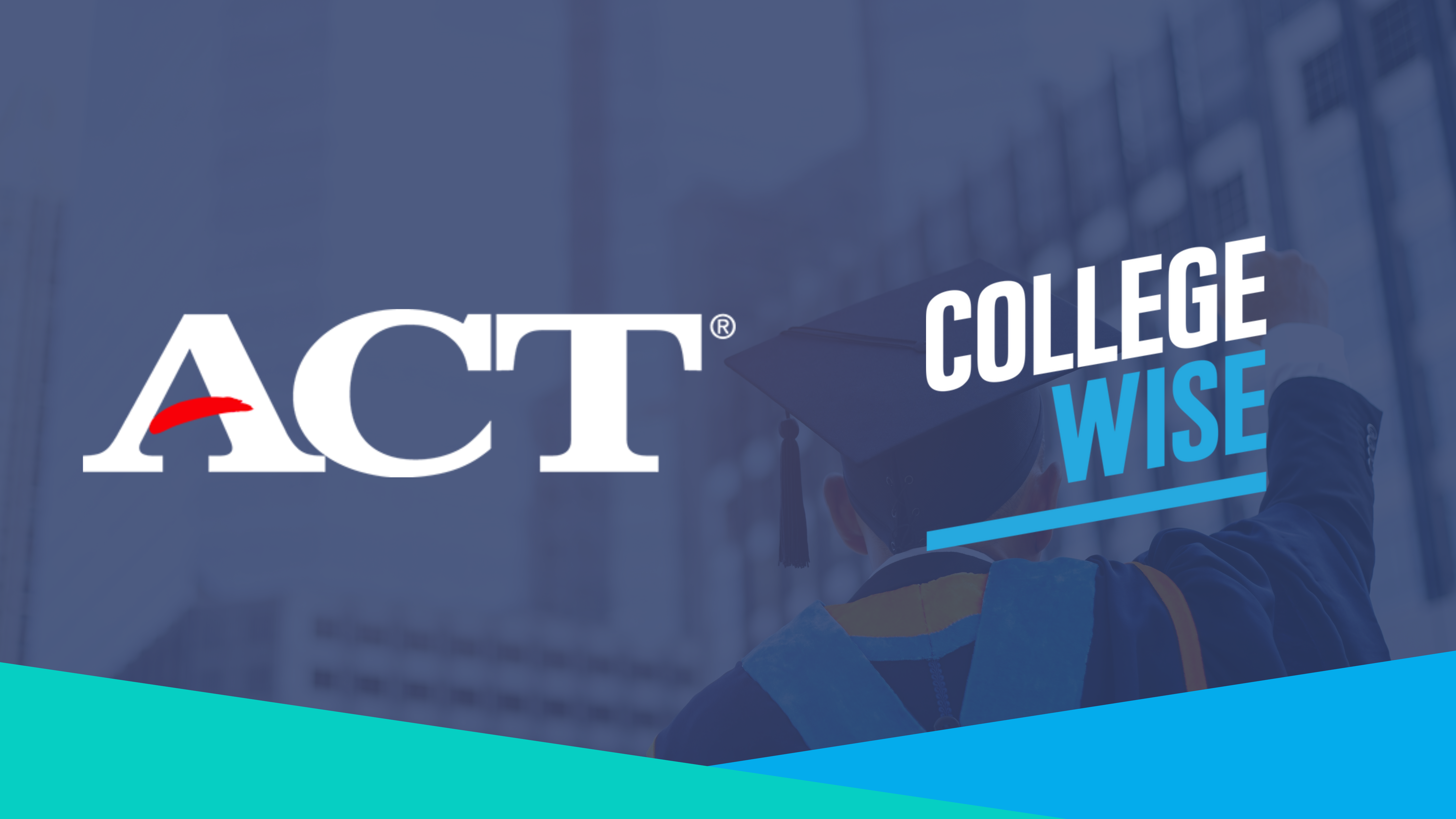Standardized tests can feel overwhelming for even the best test takers. The good news? With the right strategies, you can raise your SAT score, fast. We have 7 expert-backed SAT study tips that have helped students go up 50, 100, and even 200 points. So bookmark this blog and discover how you can maximize your prep and feel confident about the SAT.
Things to Consider about SAT Prep & Test Taking
Where you currently sit in the scoring range can impact how easily and quickly you can improve your score. However, if you're a student that is already scoring high (think 85th percentile and above), every question counts and it can be harder to see significant improvement. No matter where you are, our tips will get you closer to where you want to be. Though, we do encourage students to consider if their score can be improved by adjusting their study methods or how they test.
7 Expert-Backed Tips to Improve Your SAT Score
Some general advice before we dive into our tips: the quality of your studying is more important than how long you study. Many students believe that if they sit at a desk for several hours that they're being productive. In reality, long, unfocused, and forced study sessions actually hurt your performance. By focusing on how you study, not how long, you're already in a better position than you were when you started.
Related: How Many People Get a Perfect Score on the SAT?
1. Get a Study Buddy
This tip is most effective if you're a competitive person. Working with someone else might inspire you to work harder. If you're not a competitive person, there are still many benefits to working with a partner. Ever hear the expression misery loves company?
Finding a friend who is going through the same process you're in gives you the space to bounce ideas off each other, explain difficult concepts, and when you're ready, quiz one another.
2. Find the Right Study Method For You
Not every student retains information the same way. We always recommend that students take the time to identify the ideal study approach or to speak with a tutoring expert to learn what works for them. It's also important to switch up how you study. Active study techniques will keep the brain sharp and ensure that you're maximizing your potential to grasp difficult concepts.
Here are our most recommended SAT study methods for students:
1. Pomodoro TechniqueStudying in 25-30 minute intervals, followed by a short 5-10 minute break. This approach allows students to stay energized and break their studies into more manageable pieces. Students can focus on a single concept during each interval and significantly reduce the risk of being fatigued.
2. Flash Cards (Leitner System)
Flash cards are a creative way to test your knowledge. To add a bit of flair to this approach, you can also time yourself when doing flash cards to help you practice pacing.
3. Feyman Technique (Teaching)
This approach is simple, but effective. In short, this approach encourages the individual who is learning a concept to explain the concept, in their own words, to someone else. Why is this effective? It allows you to take complex concepts, simplify them, and understand them in a way that makes the most sense to you. Many students struggle with their studies because they are focused on memorizing rather than comprehending. This approach will allow you to address any gaps in your understanding early and reinforce knowledge retention.
4. PQ4R
PQ4R stands for: Preview, Question, Read, Reflect, Recite, and Review. This approach is great if you're looking to improve your reading comprehension skills. By taking breaks in between your studying sessions to question what you're learning and reflect on your findings, you'll walk away with a better understanding of what you're reading.
There are plenty of helpful study approaches out there, many of which can be a tremendous help to any student who is looking to improve their SAT score. Spend some time identifying a couple that may work for you and put them into practice.
3. Set a Schedule (4-12 Weeks in Advance)
Generally, the sweet spot to begin studying for a test is somewhere between 4-12 weeks in advance. That is a broad range of time for a number of reasons.
- How many points do you need to improve your SAT score by?
- Do you have time to practice every day? How much time can you allocate?
- What commitments do you have within that time frame that may interfere with your studies?
Depending on the answers to these questions, you may increase or reduce the amount of time you're dedicating to studying. If you're reviewing over the summer, you may be able to condense your prep into a matter of weeks, not months. No matter what timeline you're working with, take the time to establish a schedule. Here's an example of a student's study schedule:
| Day of Week | Study Concept |
| Monday | Reading |
| Tuesday | Writing & Language |
| Wednesday | Mathematics (calculator) |
| Thursday | Mathematics (no calculator) |
| Friday | Rest |
| Saturday | Practice Test |
| Sunday | Rest |
4. Use Official College Board and Khan Academy Materials
The College Board touts its partnership with Khan Academy—for good reason! Students who use official materials have a signficantly better experience than those who do not. And the best news, it's all free.
We’d like to highlight some particularly useful resources that are all free, and some are found in the College Board references:
- Project Gutenberg: A free, curated collection of classic texts in open domain. Jane Austen? Check. Shakespeare? Check. Kurt Vonnegut? Check, check, check.
- Math reference concepts: Know what you’ll see on the day of the test—and what you won’t.
- The Blue Book of Grammar and Punctuation: A classic text on all grammar rules, plus free online rules and quizzes.
5. Leverage AI (Responsibly)
This one may be controversal, especially if there are any parents or guardians reading this. But utilizing Artificial Intelligence (AI) tools in a responsible way can be a tremendous help to students. Now, this doesn't mean that you should ask ChatGPT or Gemini AI for answers to questions without taking the time to work through it yourself, but there are many students who may not have an opportunity to work with other students, ask older siblings for help, or hire a tutor. These students may find it helpful to use AI tools to help them with their studies.
Example prompts you can use to encourage safe and response AI-use for SAT studying:
- Create 5 SAT-style questions based on reading and writing comprehension.
- Explain [concept] to be as if I'm a sixth grader.
- Give me a list of free, online resources that I can use to study for the SAT.
AI tools can be a valuable research tool and study companion - as long as students aren't relying on these tools to answer questions for them.
6. Read and Develop Your Vocabulatory
Do you like the NY Times, Washington Post, or LA Times? Great, pick them up and start reading analytical articles from any section. More into the sciences? Read National Geographic magazine or a science blog online. See a word you don’t know? Even better! Look it up, use it in a sentence, and make a flashcard for it. When you’re using College Board practice items and you see a word you don’t know, do the same.
Many students come to us asking for specific support on how to improve their scores in the Reading and Writing & Language section, and the truth is: students who perform well in these sections are students who read, a lot.
7. Practice Mindfulness
We hear many students say that they have “test anxiety.” It is a real phenomenon, and it’s one that can be addressed. We talk with students about managing their stress and turning anxiety into excitement. We view these tests as a performance of sorts—and many of our students are performers, whether in athletics or dance or drama or music. The reality is that tests are not going to go away, especially if you go to college or want to become a certified professional (a nurse, doctor, lawyer, psychologist, even a driver). At some point in life, you’ll need to deal with testing head-on, and taking these tests is a way to develop those skills.
Related: 7 Ways to Overcome College Admissions Stress
When to Ask for Help with Your SAT Prep
Yes, in an ideal world, you'd be able to prepare on your own and everything would be just fine. However, there are times when students need a bit of extra support, and that's okay, too. If you're at the early stages of studying for the SAT or you're looking to improve your score, consider working with an expert tutor who can help things feel more manageable.
We offer 1:1 tutoring or small group sessions (or both) online, with tutors who help students increase their average SAT score by 133 points.
About Us: With more than twenty years of experience, Collegewise counselors and tutors are at the forefront of the ever-evolving admissions landscape. Our work has always centered on you: the student. And just like we’ve always done, we look for ways for you to be your best self - whether it’s in the classroom, in your applications or in the right-fit college environment. Our range of tools include counseling, test prep, academic tutoring, and essay management, all with the support of our proprietary platform, leading to a 4x higher than average admissions rates.



/Webinar%20blog%20CTA.png?width=600&height=200&name=Webinar%20blog%20CTA.png)


